

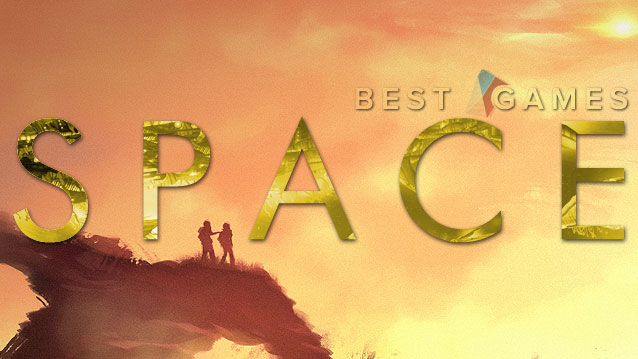
Space is incredible and majestic. It's endless, vast and beautiful. Space, conceptually, is a reminder that our place in existence is so minuscule and insignificant that we might as well not be here; mathematically, we basically aren't. There's something soothing about that.
Though countless games take place on alien planets, it's rarer that the stories are set entirely out in the black. There's a difference between visiting some unknown world and dealing with the consequences of being there, but it's rarely that much different from getting on a plane and flying somewhere we can already get to. It's just a new location for the same stories with different, more technologically advanced types of weaponry.
If you're making a game that's actually about space, it's about the unknown, but it's also about isolation, overcoming insurmountable obstacles, the human endeavor to achieve and... sometimes it's not about any of that at all, it's just a pretty cool place to set a game.
Games can take place on another planet, but are they space games? No. But here's a list of 10 that are.
Startopia does the impossible. Startopia does its best to make space boring and bureaucratic like if a Douglas Adams book worked for city government. It treats space as if it's a highway to somewhere important rather than worthwhile in itself. The metaphor is fitting, because in Startopia you essentially manage a rundown service station.
As the administrator of a new spaceport you have to create a worthwhile environment to attract aliens that are passing through the solar system. This means building medical clinics, shopping centres and recreation facilities along with managing waste and trying to make excess cash trading resources. Each new level will see you building a different kind of management experience. You'll start by running a for-profit heathcare service and then eventually move on to running a prison system. It's dull, dreary, fascinating building management that makes Space... British.
The original Dead Space's biggest draw was a revolutionary approach to UI design. At no point, from the moment you loaded up your save, were you shown anything that didn't have an In-World justification. The equipment menu was a projection from your suit that showed up without pausing, all the loads were replaced with slowly opening doors and level movements all took place as you hopped on a train elsewhere.
It lead to increased immersion, you were connected with protagonist Issac, it made you appreciate his situation better. You were likely always under threat without knowing what was around the corner, a lack of gamified stuff surrounding it made that all the more real. This amplified your understanding of the situation. You were alone in an area of the universe where no one is coming to help you.
Sound design also does a lot to help this sensation. Sections where you're out in exposed parts of the hull are eerily quiet. You're only able to hear things that make direct physical contact with you because there's nothing for the sound to travel through. It means that one of your senses is denied and you're made all the more vulnerable.
Like all good scifi, Christine Love's visual novel uses the future uses to better explain the present. It talks about the role of women on a spaceship a few generations of life away from where they set off. Humanity is changed by the travel and isolation to the point where it's difficult to recognize their customs as anything resembling what's acceptable in modern society... but you can see how it happened.
To say too much would be a disservice. Analogue, as a visual novel, is all about the gradual unfolding narrative. It uses a simple method of interacting in order to limit their impact on dialogue in clever ways, along with providing different context on certain events and characters depending on who you're talking to.
You watched Star Trek, right? Remember how complicated it made space travel look? How it needed someone at all times to be taking care of a specific role and constantly informing the captain of new information? Artemis is that. It's a spaceship bridge simulator and possibly the best filled-room co-op experience you can have.
You ideally need enough people to occupy every role along with a computer to run it hooked up to a LAN connection. The jobs includes things like communications, engineering, piloting and even someone without a monitor acting as Captain. The captain doesn't have active involvement in any task, but is responsible for issuing the orders to the rest of the crew (main screen to tactical view! convert full power to engines!). Without a competent captain it's a chaos of conflicting ideas.
Each role is difficult, but in a way that assures you'll find people more catered to one than the other. You really do build up personal skills in this game to the point where you might be a shotshot pilot or a genius systems engineer, or you could be terrible at everything except bossing people around.
It's likely you've never heard of Artemis. It isn't a particularly well publicised game, despite currently going through the greenlight process it's already available fully featured right now on the developer's website. The best part? A licence works on the honour system, so you're able to buy a copy and share it with your friends in the room.
The original is a great game, but the sequel is where the series was perfected. The action is far improved, the character work is more interesting, the scale is much larger and, gosh, My Favourite Store On The Citidel, right?
Mass Effect shows you the political ramifications of alien life foremost intending to look after their own interests. It's a world where people from distant planets aren't painted as evil, more that they're self serving. Your role as Commander Shepard is to find a way to make situations beneficial for everyone, and if you can't, you punch reporters and throw people out of windows.
Thank Kickstarter funding for allowing one of the best roguelikes ever come to fruition. It differs from the genre extensively; normally roguelikes are smothered in fantasy fiction. FTL is All Spaceships, All Sci-Fi.
Command a growing crew in an attempt to move across the galaxy to get help fending off against a rebel warship, gradually gain better weaponry, abilities, power sources and the crew to make everything function. The unfair difficulty and different starting ships mean near limitless replay value.
This game captures the exciting scene in a Sci-Fi movie where a crew barks techno-verbage orders frantically at each other as they to stop a ship from falling apart. Space Team gives each player an order that another has to carry out and encourages shouting over everyone else trying to get their point across with a quickly diminishing time scale.
It's also free, which means it's super easy to convince people at a party to try it out.
Really.
Asteroids is still compelling today. The simple mechanic of shooting something large that's an immediate threat and it turning into two smaller objects, effectively doubling the chance you'll be hit eventually every time you fire, is about as stressful as you can make a game system while retaining simplicity.
It's a classic that doesn't need much refining; they got it right from the start.
Utterly impenetrable to a new player, but a source of stories that just can't happen anywhere else. EVE Online is more of a venue than a game, somewhere that users control the purpose of their actions moreso than the developers do. It's a game about economy building, banking, trading and in rare moments, utter systemic upheaval through aggressive force.
Abandoned ship, horribly mutated crew, Rogue AI, limited ammunition, no set exploration path, thoughtful upgrade system. Perfect.
If you can get a copy, which is nearly entirely impossible to do legally now and it's still unlikely to run on whatever machine you're using, you should take the chance. The lack of ease with which you can experience it now means that System Shock 2 might only be a memory shared with those who played it at the time.
System Shock 2 is notable for really popularising the use of Audiologs, each one offering a vignetted personal portrayal of the events before the ship's crew was overrun with genetic mutation. It's also one of the greatest examples of a game's storytelling being inferred from your surroundings. Even early on you can tell that certain tragic events occurred without ever being told, just by viewing the environment.
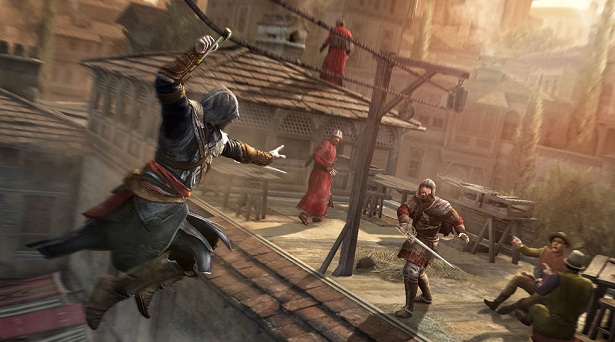

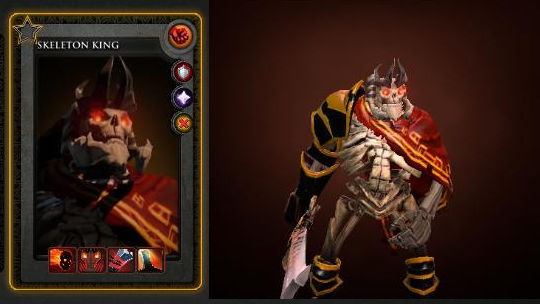
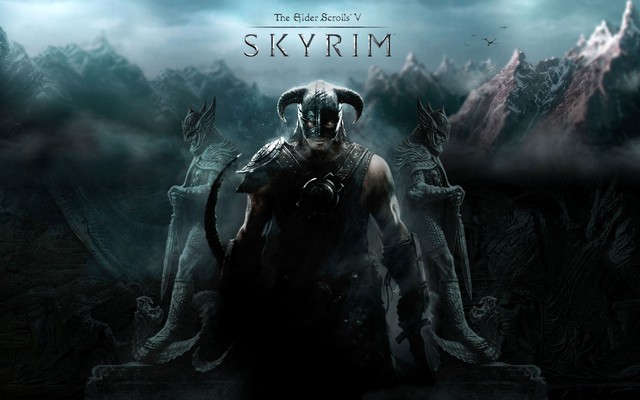
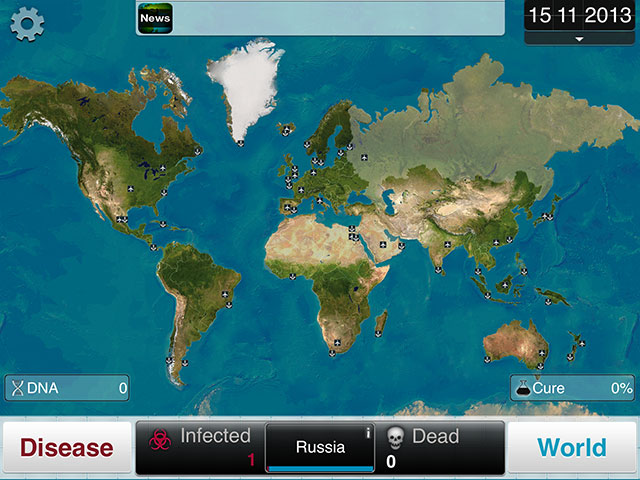 Pick A Disease & Wipe Out Humanity in Plague Inc.
Pick A Disease & Wipe Out Humanity in Plague Inc.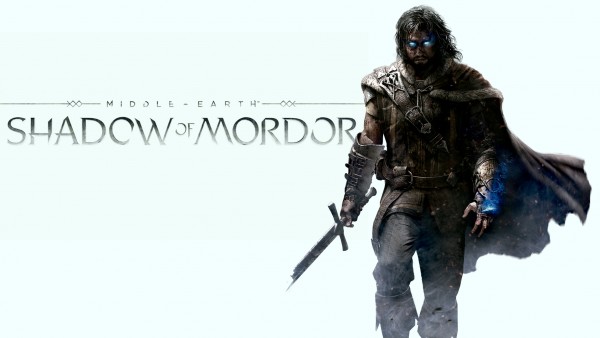 How to Upgrade Middle Earth Shadow of Mordor A Elbereth Gilthoniel, Shadow and Flame, Swift mercy, Jaws of Steel and more Bows, Weapon Upgrade Guide
How to Upgrade Middle Earth Shadow of Mordor A Elbereth Gilthoniel, Shadow and Flame, Swift mercy, Jaws of Steel and more Bows, Weapon Upgrade Guide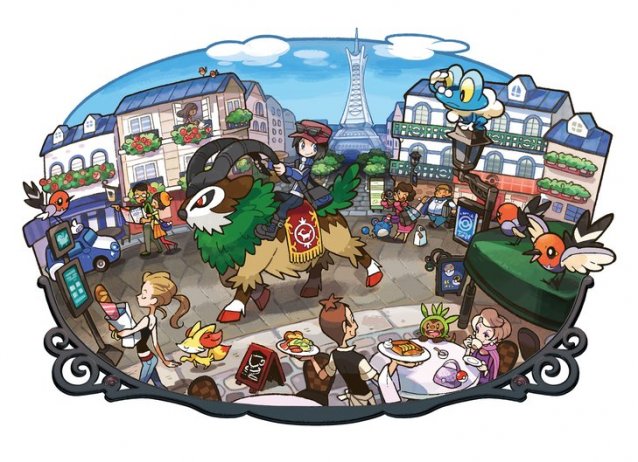 Pokemon X and Y Review: An Evolutionary Leap
Pokemon X and Y Review: An Evolutionary Leap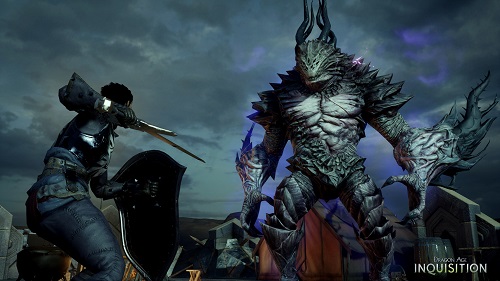 How to chose the best Secrets Agents for Dragon Age Inquisition, Agents Recruitment Guide
How to chose the best Secrets Agents for Dragon Age Inquisition, Agents Recruitment Guide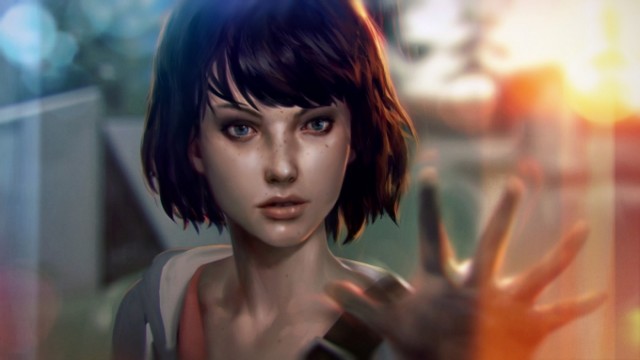 Life is Strange: Episode 1 Chrysalis Complete Walkthrough
Life is Strange: Episode 1 Chrysalis Complete Walkthrough